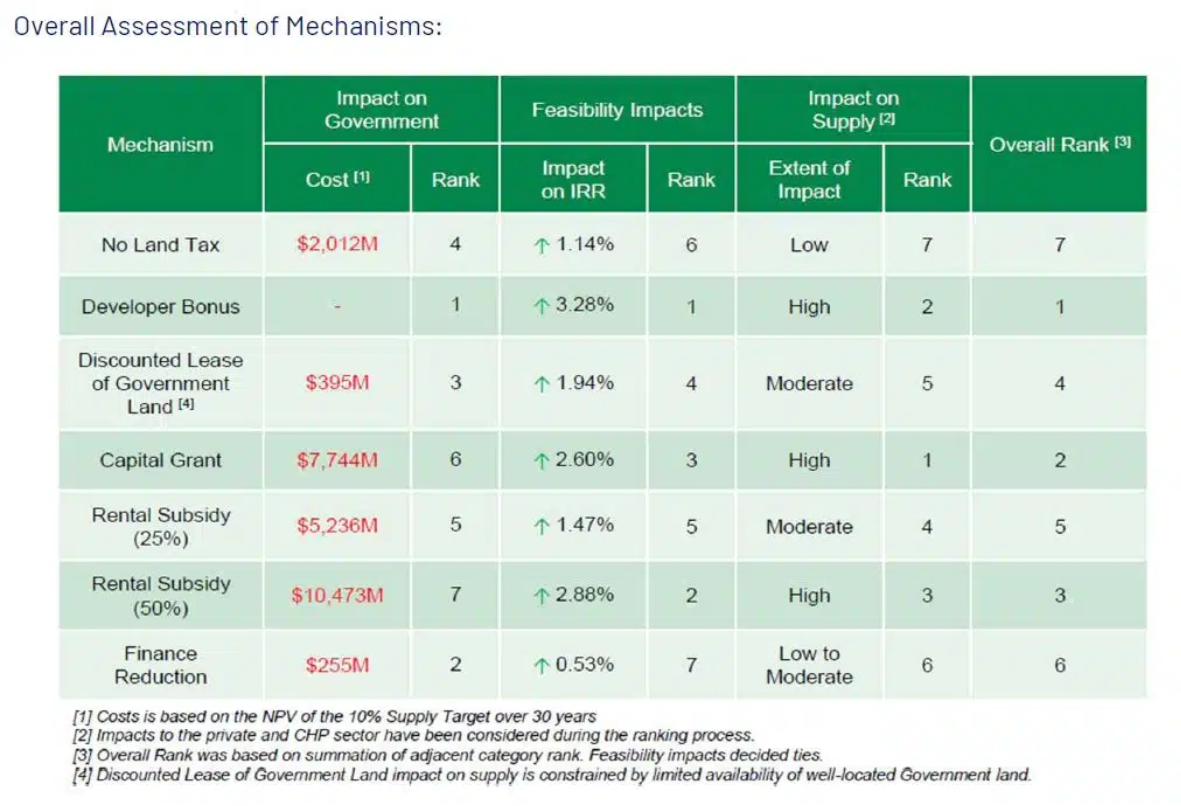

New analysis by the Property Council of Australia has outlined a range of measures to unlock the affordable housing that Victoria desperately needs.
The Unlocking Affordable Housing report, prepared by APP Group on behalf of the Property Council, pointed to density bonuses, capital grants to support construction, and rental subsidies as the most effective options to support private sector investment into the Victorian affordable housing market.
The analysis confirmed that it has been increasingly tough for the property industry to deliver affordable housing due to increasing delivery costs, extended planning delays, and challenging taxation settings.
Cath Evans (pictured above), Property Council Victorian executive director, said there was now a pressing need for the state government to support the private sector into investing in affordable housing at scale, in the wake of increased housing target by the National Cabinet and the state’s obligation to deliver affordable housing under the National Housing Accord.
“With last week’s National Cabinet meeting delivering a strong direction for governments across the country and a new nationwide target of 1.2 million new homes to be built in the next five years, we urge the Victorian government to consider the mechanisms we propose in this report in the formulation of their upcoming housing statement,” Evans said.
“The measures modelled in our analysis, based on extensive consultation across the industry including with institutional investors, identify best scenario options that not only clear current investment hurdles but consider current budget constraints.”
The Property Council executive highlighted that by closing the current investment gap, thousands of new affordable homes could be unlocked per year with the right policy solutions and incentives.
“The analysis concludes that developer density bonus policy options translate best for both supply and cost to government but will need to be developed over a longer-term horizon and be accompanied by the anticipated significant planning system reform,” Evans said.
To incentivise the private sector to deliver affordable housing in Victoria, the detailed APP report proposed the following measures:
In a media release, the Property Council of Australia said that to ensure a consistent supply of affordable rental accommodation, a developer density bonus is the “logical long-term policy option” for the government; but to support immediate construction of new affordable homes, shorter term incentives will be required.
“Planning reform, coupled with short-term support measures leading to a phased introduction of a robust, consistent, and transparent system to deliver the density outcomes needed is the achievable roadmap we have laid out,” Evans said.
“The much-anticipated Victorian housing statement must deliver a longer-term road map, with ongoing industry consultation, to put policies in place that incentivise ongoing investment in this critical part of the housing market.”

Evans said the property industry is “ready and willing” to have the conversations with the government in order to find a solution to the housing crisis and bring relief to the many Victorians suffering through it.
Use the comment section below to tell us how you felt about this.
